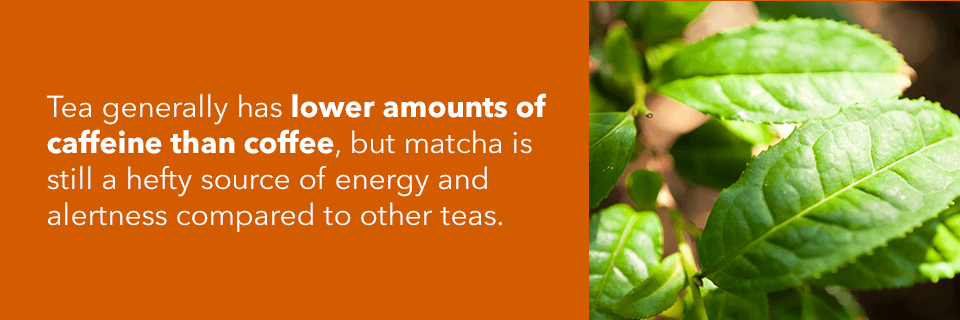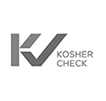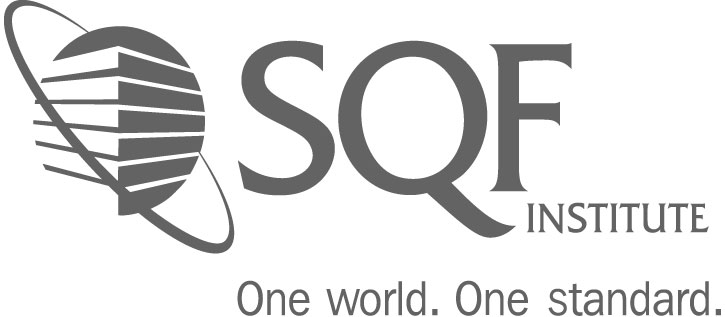Head to any grocery store or coffee shop, and you’ll find various matcha and coffee blends — but what makes these two popular beverages different, and how do you know which one is right for your business?
Matcha is a trending flavor worldwide, sold separately or alongside coffee brands in most places. Let’s look at the key differences and similarities of both drinks.
Table of Contents
Explore Our Available Coffees and Teas
Matcha Caffeine vs. Coffee Caffeine
Similar to coffee, how much caffeine is in matcha can vary depending on several factors like the brewing method, concentration added, and how the ingredient was produced. Tea generally has lower amounts of caffeine than coffee, but matcha is still a hefty source of energy and alertness compared to other teas. It packs 35 milligrams of caffeine into a single half teaspoon of finely ground powder.

This naturally makes matcha better than coffee for those living a caffeine-free lifestyle, but it’s a great pick for tea lovers who want an extra jolt with bold flavor.
Shared Benefits
Matcha and coffee can be beneficial on their own or even in a mixed drink combining the advantages and flavors of each. Consider these shared perks:
- Health: Like coffee, matcha is healthier in its basic form without additives like cream or sugar. Both are rich in antioxidant sources and full of healthy molecules. They are also low-calorie options when reaching for a warm brew.
- Popularity: Coffee is a staple in American culture, while matcha’s trendiness has propelled it to fame across producers and manufacturers.
- Uses: Coffee and matcha are both versatile. Customers can use each in blended hot or cold drinks and cooking and baking recipes or as flavor options for ice cream, alcoholic beverages, and more.
Main Differences
The most noticeable difference between these two popular drinks is matcha’s vibrant green color, which contrasts and complements coffee’s warmer shades of brown. These visual differences lend themselves to creative packaging and displays.
Consider these additional differences:
- Taste: Coffee tastes rich and earthy, often with fruity or chocolatey tones. Matcha has a grassy, herbal flavor with undertones of nuttiness.
- Preparation: Coffee is prepared in a myriad of ways, with each involving hot water and some level of steeping. Matcha is sifted into a cup as a powder or premade paste before hot water is added and the drink is whisked together. No special equipment is required.
- Production: Matcha comes from the same plant as green tea but has different stages of growth and production. Like coffee, heat plays an integral role. While coffee is roasted for its unique flavor profile, matcha is steamed and dried, with fewer variations in taste and caffeine levels.
Explore Our Available Coffees and Teas
Contact Joe’s Garage Coffee
Reach out to Joe’s Garage Coffee to learn more about these complementary beverages and our private label manufacturing services or order a sample today.









